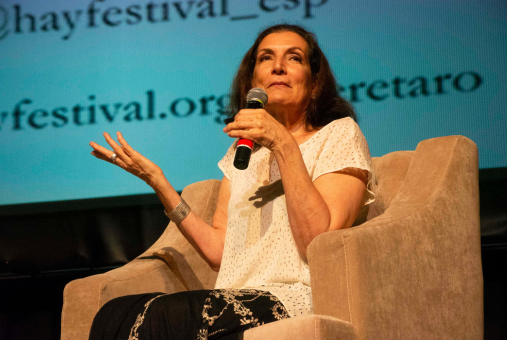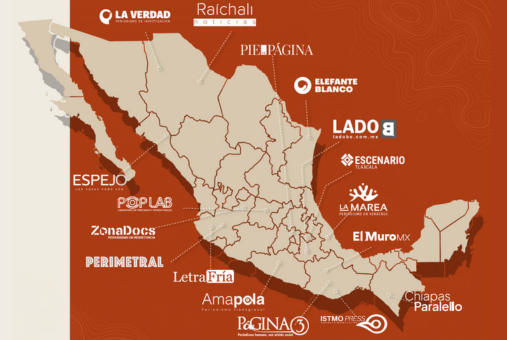💬 Comente “LJR” para receber o link do artigo completo.
Cristian Góes havia construído uma reputação como colunista que não temia criticar as figuras mais poderosas de Sergipe.
Ele escrevia para o pequeno veículo independente Infonet, sediado em Aracaju, capital litorânea do estado. Até que, um dia, decidiu tentar algo diferente da cobertura factual.
Góes escreveu uma breve obra de ficção que remonta ao Brasil do início do século XX, quando o poder político estava concentrado nas mãos de oligarquias locais sob o coronelismo. Ele escreveu a história intitulada “Eu, o coronel em mim”, em primeira pessoa, a partir da perspectiva de um coronel contemporâneo e sem nome, incomodado com a necessidade de respeitar as regras democráticas.
Um parágrafo — com apenas 57 palavras — assombraria Góes por anos, desencadeando uma batalha judicial que virou sua vida de cabeça para baixo e ameaçou sua carreira. Nele, o narrador reclama de ser obrigado a tolerar protestos públicos. “Não aceito nada”, escreve. “Chamei um jagunço das leis, não por coincidência marido de minha irmã, e dei um pé na bunda desse povo.”
O trecho não nomeava personagens, mas enfureceu alguém com poder para reagir. Um tribunal local condenou Góes a sete meses e 16 dias de prisão por injúria contra o desembargador Edson Ulisses de Melo, que argumentou que a história ficcional era um ataque direto a ele e a seu cunhado, Marcelo Déda, que à época era governador do estado de Sergipe.
O caso, que remonta a 2012, é um retrato de uma tática que se tornou familiar no Brasil: o uso dos tribunais para pressionar jornalistas, cujas reportagens seriam, segundo a acusação, uma violação da “honra” de figuras poderosas.
💬 Comente “LJR” para receber o link do artigo completo.
✍️: Patrícia de Matos



